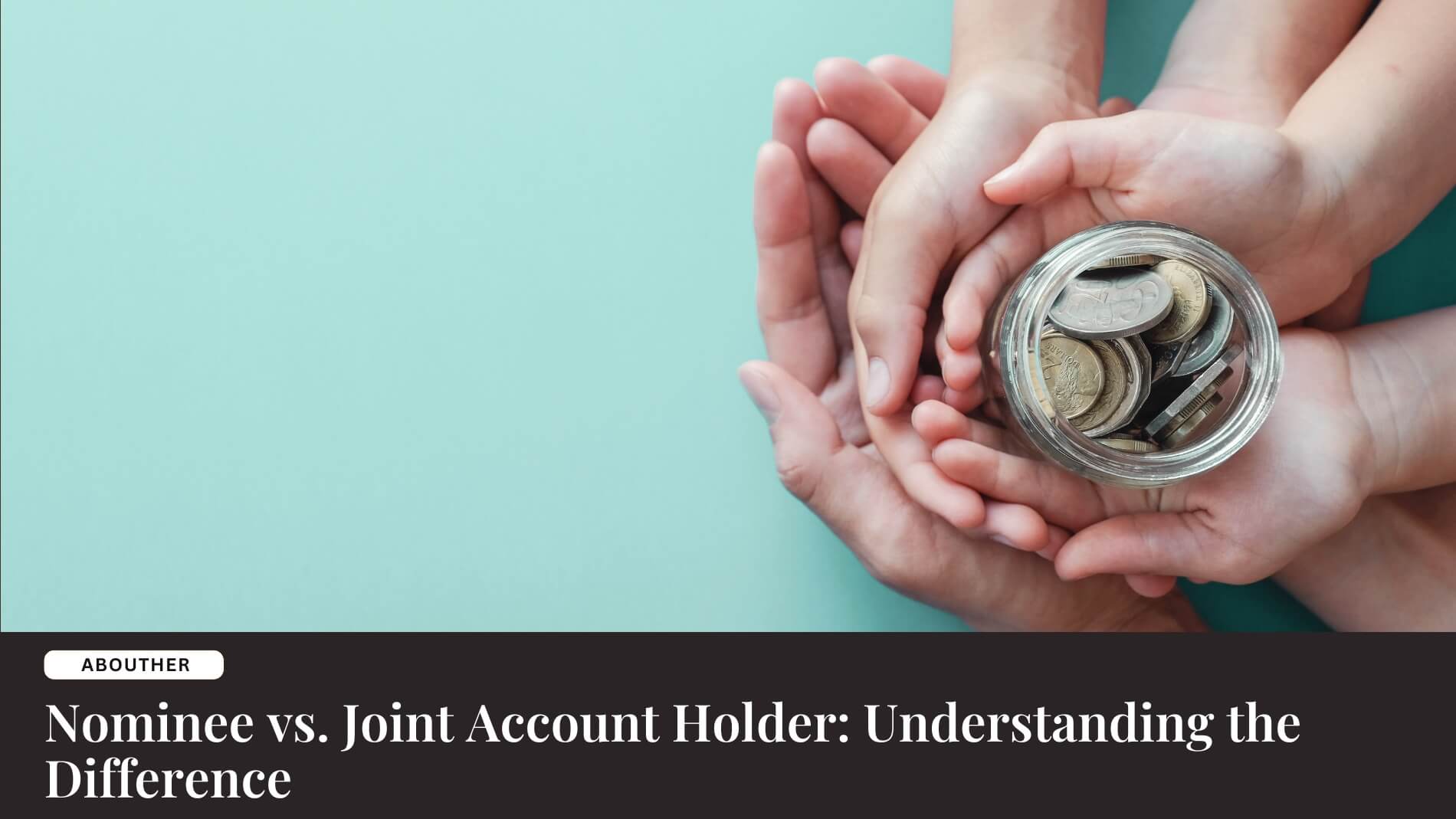Debunking Financial Myths: The Truth About Smart Money Management
Are you ready to challenge your myths of financial well-being? Get ready to debunk some common myths and learn how to achieve true financial stability!
1. 20s Are Too Early to Plan for Retirement
It’s never too early to start saving for retirement. In fact, the earlier you start, the harder your money can work for you (instead of the other way around). The earlier you start saving for retirement, the more you harness the power of time and compounding. Starting as early as possible, even with small amounts, can make a monumental difference to your future financial security.
2. It’s Never Too Late to Save and Start Financial Planning
Some people mistakenly believe that after the age of 50, it’s too late to start saving for retirement. However, this couldn’t be further from the truth, especially given our increasing life expectancies. Regardless of your age, setting aside part of your income for retirement is always a smart move. While you might need to delay your retirement date or adjust your dream lifestyle, saving something is undoubtedly better than having nothing.
Also Read: From Earning to Empowered: How Financial Literacy Transformed My Independence
3. My Earnings Are Not Enough to Save
The sentiment behind low earnings not capable of saving is, “The amount I can save is too small to matter.” The two key principles of saving are: any amount saved is better than nothing, and saving is a habit.
The earlier you cultivate this habit, the better your future shall be.
A practical approach is to begin with whatever amount you can afford now and gradually increase it—adding 1% annually or even 5% to at least 10% of your income and seeing your investments grow significantly.
4. If It’s More Expensive, It’s Better
Bigger doesn’t always mean better, and a higher price or luxury brand doesn’t necessarily guarantee higher quality. For instance, store-brand clothing often costs significantly less than its premium-branded counterparts but offers similar style and quality. Taking the time to compare quality and prices can reveal numerous opportunities to get the same or even better products and services at a lower cost. The icing on the cake is saving money and putting it to better use through smart investments.
5. My Husband Manages the Finances, and I Don’t Need to Know About Money
In many families, the responsibility of managing finances often falls solely on the male members, rooted in traditional gender biases that assume financial management is a man’s domain.
While it’s natural for one partner to take the lead in handling day-to-day money matters, it’s vital for both to stay informed about the family’s financial health. Life is unpredictable, and in times of crisis, the ability to manage household expenses and investments shouldn’t be a burden that one partner bears alone.
Breaking free from these biases not only ensures financial preparedness but also fosters equality, trust, and shared responsibility in the relationship.
6. I Have Enough Money; I Don’t Need to Budget
Do you think budgeting is only for those struggling to make ends meet?
Think again.
Even people earning six-figure salaries can find themselves drowning in debt without a realistic budget to guide them. The truth is, budgeting isn’t about limiting your lifestyle—it’s about understanding where your money is going. By tracking expenses across categories like housing, transportation, and subscriptions, a budget empowers you to make smarter financial decisions and avoid unnecessary overspending.
Also Read: Smart Savings: A Complete Guide to Fixed Deposits – Part 1
7. Men Make Better Investors
Contrary to common stereotypes, research suggests that women, as a group, are better investors than men. A Fidelity analysis of over five million customers over the past decade revealed that women outperformed men by an average of 0.4%. This success may be attributed to women’s generally lower trading frequency, greater risk awareness, and patient investment approach, challenging the myth that men are inherently more skilled at investing.
8. A Higher Pay Is Equivalent To Financial Well-being
Many prioritise higher salaries when choosing a job, but is that enough to build wealth and secure your future? A raise may not lead to financial wellness if most of it goes toward repaying debt or if your expenses and your standard of living also rise with your income.
True financial well-being comes from smart money management and planning, not just a bigger paycheck. By tracking your spending, creating a budget, and avoiding mindless expenses, you can take control of your finances and achieve lasting stability.
Share This On Social
One Comment
Leave A Comment
![Sangeeta-Relan-AH-525×410[1]](https://slategray-flamingo-696901.hostingersite.com/wp-content/uploads/2024/06/Sangeeta-Relan-AH-525x4101-1.jpeg)
I’m Sangeeta Relan—an educator, writer, podcaster, researcher, and the founder of AboutHer. With over 30 years of experience teaching at the university level, I’ve also journeyed through life as a corporate wife, a mother, and now, a storyteller.
Recent Posts



















Really enjoyed reading the article Nikita! You make so many pertinent points that affects us all, irrespective of age and gender. We need to start irrespective of where we find ourselves in life.
Warm Regards